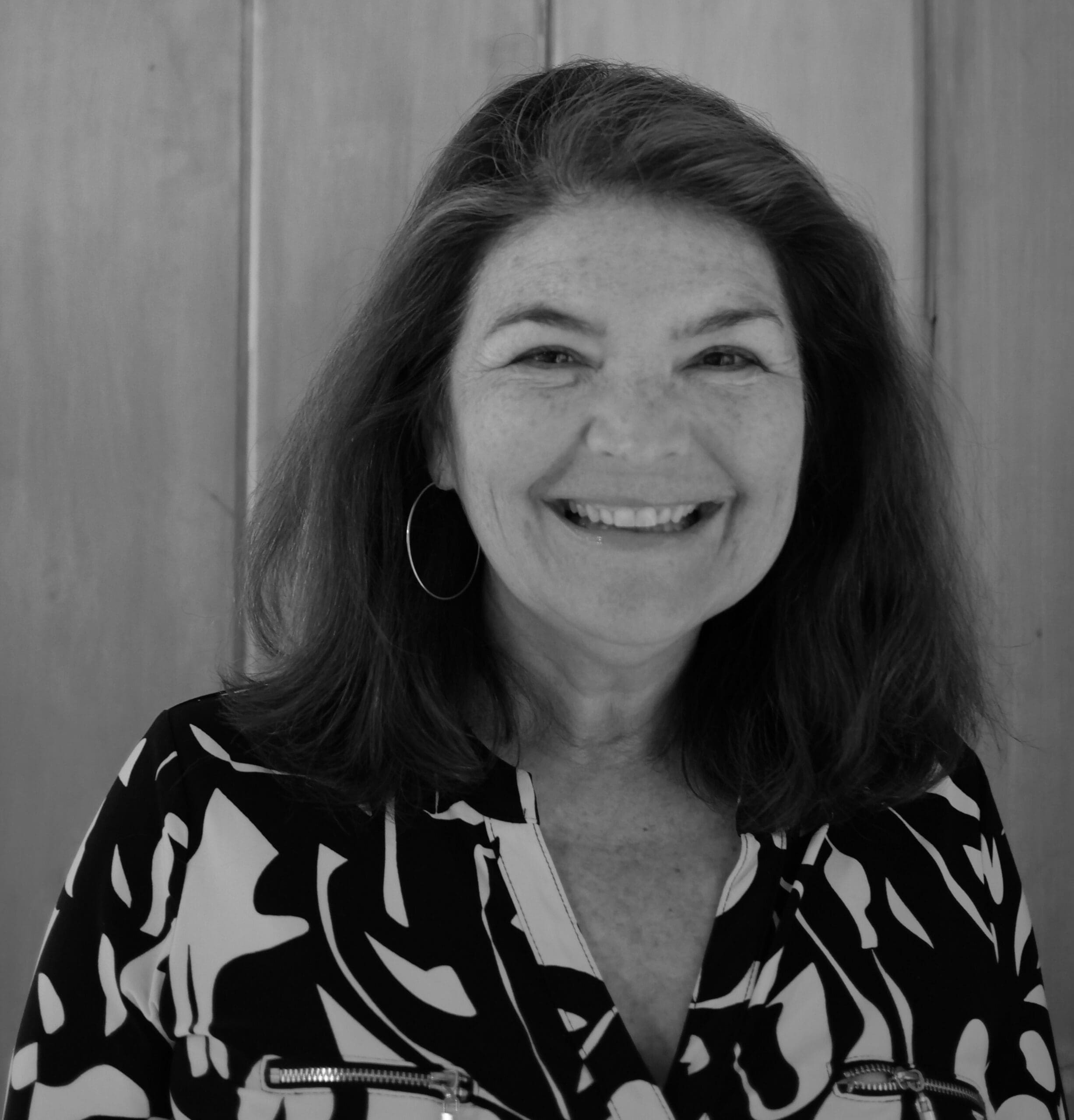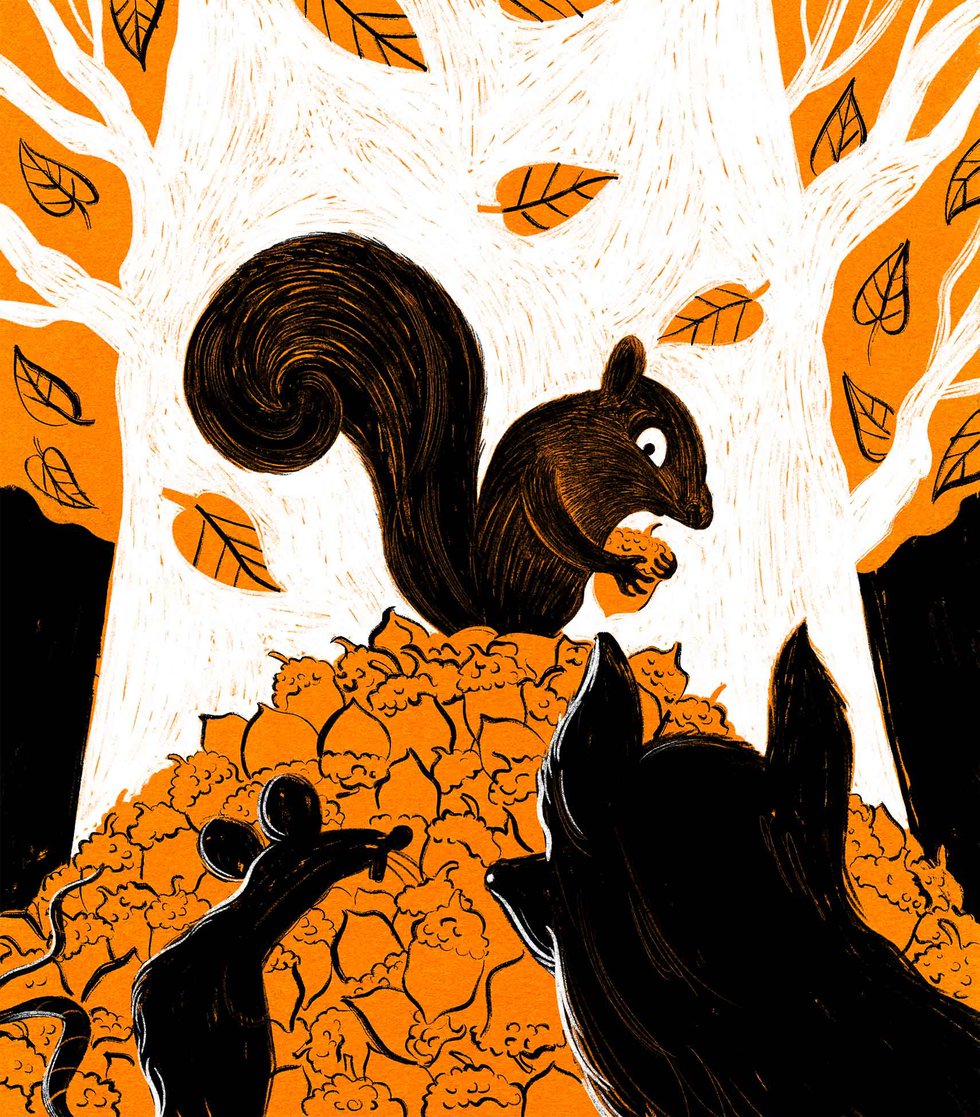Dr. Paul Lyons on the proliferation of CBD products.

Illustration by Stuart Briers
Products infused with CBD are everywhere—from gummy bears and bath bombs to coffee and dog treats. Some claim the products can help maladies such as anxiety, sleeplessness, and chronic pain. But what is CBD, and is it safe to use?
“CBD is also called cannabidiol; among the 80 to 100 cannabinoids that exist, two are basically used. One is obviously CBD, the other is THC,” says Dr. Paul Lyons, a Winchester neurologist and epileptologist. Unlike THC, which is associated with the “high” of marijuana, CBD is non-psychoactive, meaning it doesn’t cause changes in brain function or alterations of perception and mood.
Lyons, the medical director of the Level 4—the highest designation by the National Association of Epilepsy—Virginia Comprehensive Epilepsy Program at Winchester Medical Center, served as a principal investigator in clinical trials for the only FDA-approved, CBD-based medication, Epidiolex. The drug was shown to significantly reduce seizures in adult and pediatric patients with Lennox-Gastaut and Dravet syndromes—otherwise pharmacologically resistant epilepsies.
When he writes a prescription for Epidiolex, “I know the drug is composed of 99.5 percent CBD … and trace amounts of THC.” As for the other CBD products on the market, “everything else is essentially unregulated.”
In 2018, Congress removed hemp from the definition of marijuana, so hemp-based CBD products were no longer classified as controlled substances. With that change, the floodgates opened for hemp-based CBD products.
The problem with this deregulation, according to Lyons, is there are no good manufacturing processes to control these over-the-counter CBD goods. Unlike FDA-approved medication, the unregulated products have the potential to contain misrepresented quantities of CBD or THC as well as “contaminants—meaning pesticides, herbicides, heavy metals, organic solvents,” Lyons says.
The tide is turning, though. Five new dispensaries in Virginia, set to open this year, will manufacture and sell CBD, THC and THC-A oils, and other products for medicinal use in a tightly controlled environment (with the exception of Epidiolex).
Right now, “the consumer and, unfortunately, the clinician have a giant paucity of reliability of what people are ingesting for treating human disease,” he says. ValleyHealthLink.com
This article originally appeared in our December 2019 issue.









